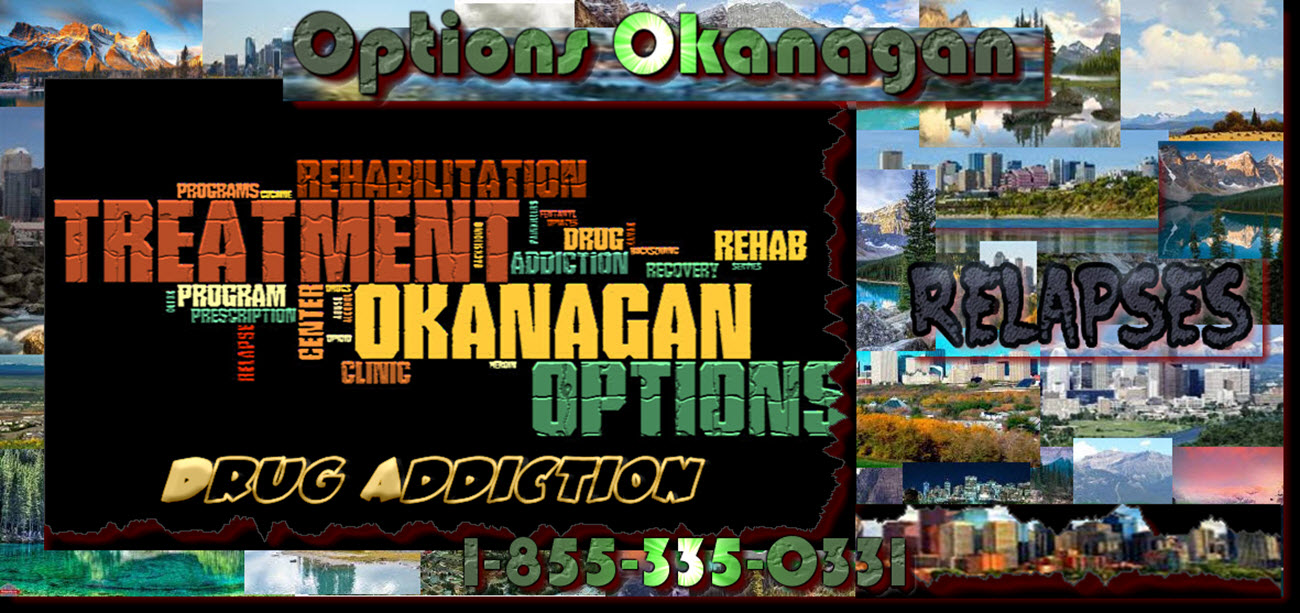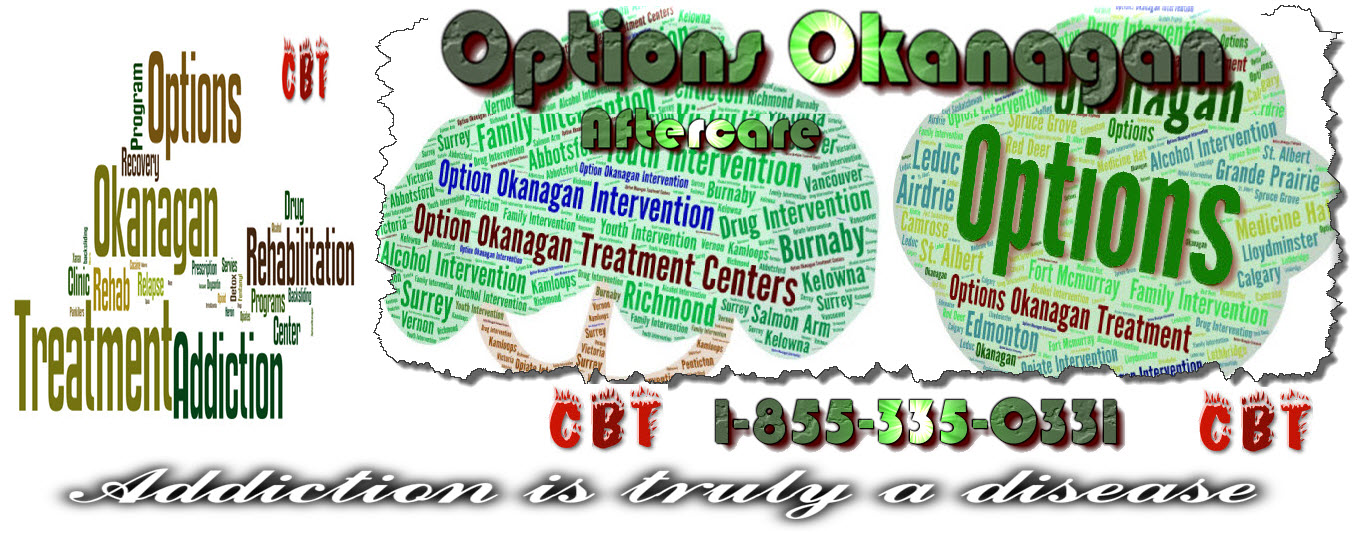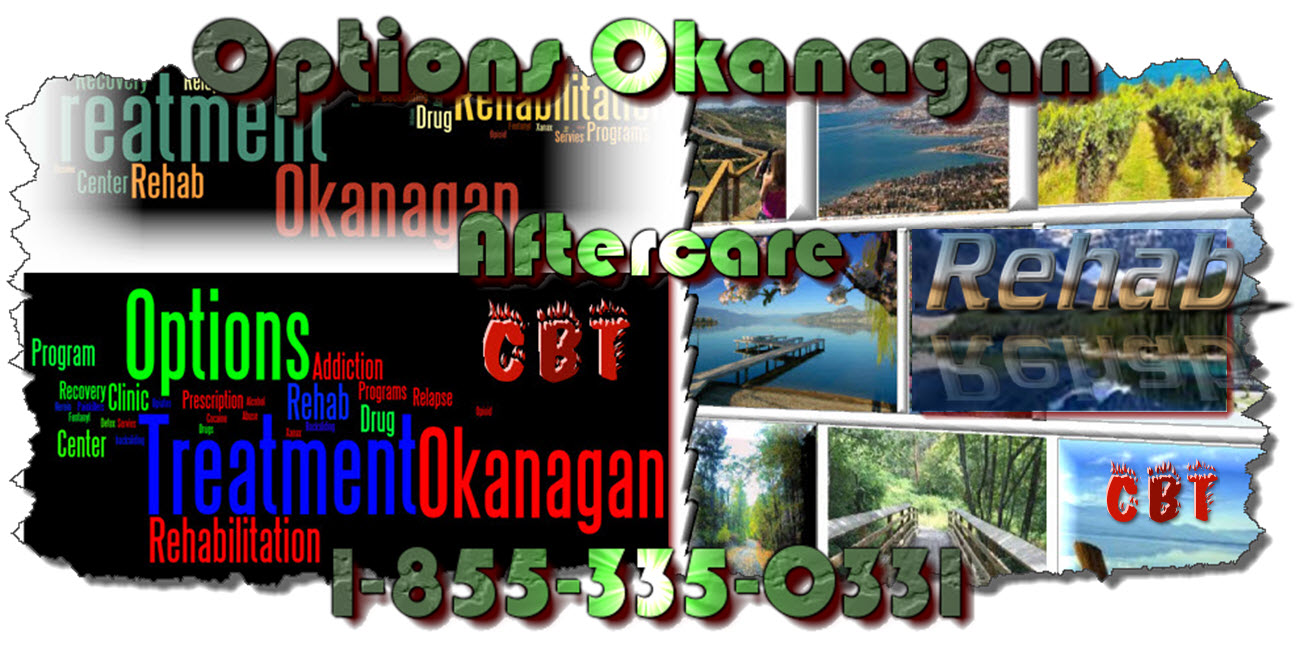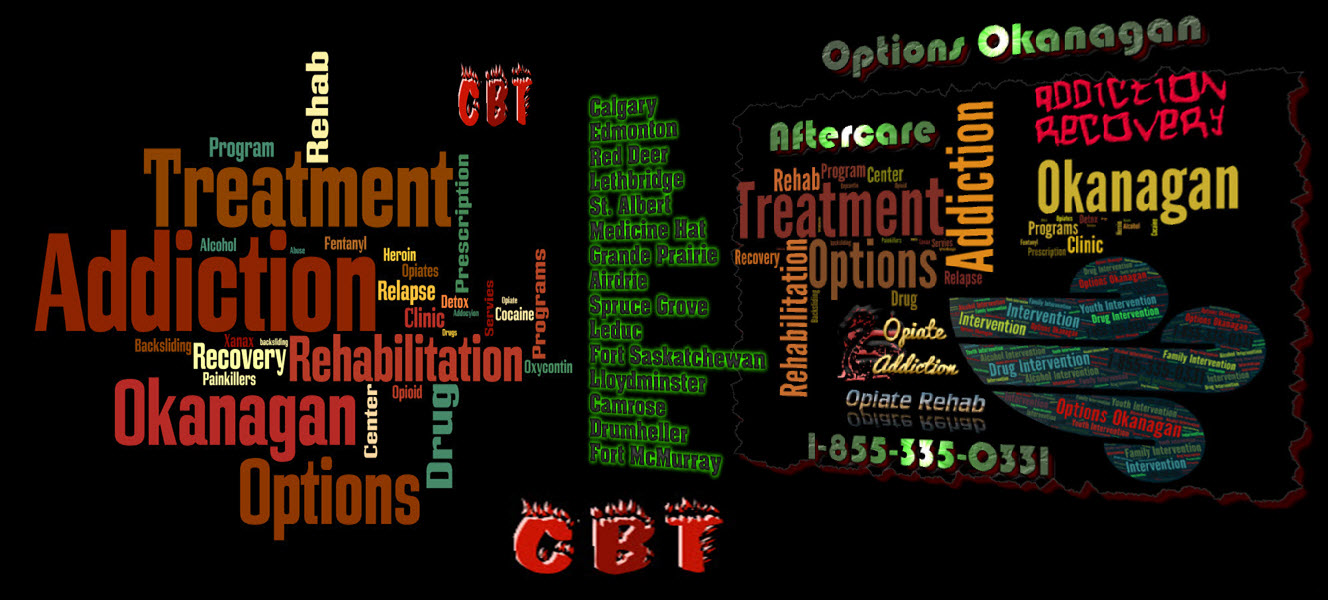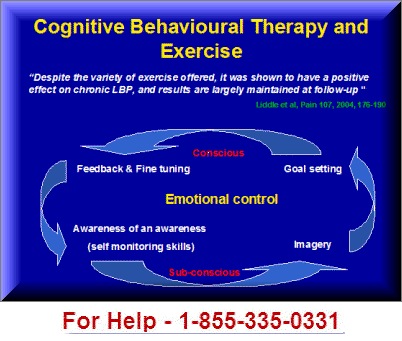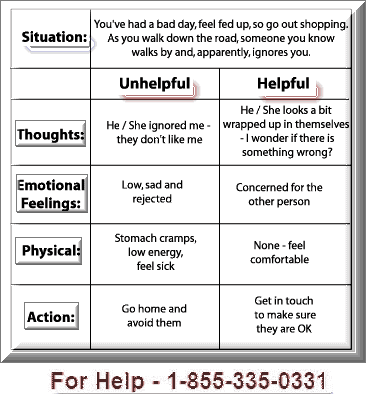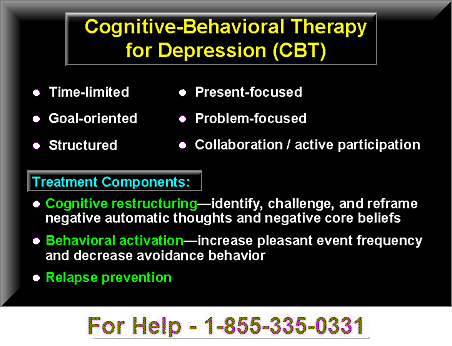Mental health courts: separate justice systems – Drug Rehab Clinics in British Columbia and Alberta – Options Treatment Center in Kelowna, British Columbia treating drug, opiate, fentanyl, heroin, and alcohol addiction and recovery.
Drug Rehabs & Mental Health Disorder Programs In Alberta And BC
Mental patients need special care and treatment, and in normal circumstances, prison cells do not provide appropriate or even inadequate care. Individuals with certain mental disorders have been found to get worse in prison. They are intimidated by other prisoners, they are raped, even the worst is they are not given proper care for their disorders. There is no way to treat them in a place like that, and as a result, their mental disorders get worse.
In recent years, it has been observed that psychiatric mentally damaged individuals are quickly becoming the responsibility of the prison system, and add to this the alarming percentages of individuals with mental health disorders who mix in groups of normal individuals in prison. This is caused by a lack of mental health facilities or feelings of intimidation and unwillingness to use the services of these facilities so that they cannot be connected to the community support systems to which they are entitled. In conclusion, individuals with mental disorders commit minor and serious crimes and are therefore deprived of their liberty without the medical services they need. This has created a need for a justice system that will improve the services needed for criminals with mental health disorders.
On the grounds that the need to revise and improve these criminal justice systems, politicians, government councils and mental health specialists have gathered to find solutions that address the specific needs of criminals with mental health disorders.
The main links between mental health and criminal law are mental health courts. This panel combines the specialization of almost all types of individuals who work in both fields to develop affordable programs that benefit mentally ill individuals. These trials involve court officials such as judges, prosecutors, and lawyers who have mental health expertise with competent proficiency. Today, there are many courts in Canada and the United States that promote court-supported treatment in exchange for detention.
This court adheres to therapeutic methods for people with mental health problems and works on two approaches. One is to prevent an increase in the level of mental illness, to reduce the frequency of crime in supporting public protection, and second to distinguish that the need for criminal sanctions is completely unnecessary if it can be shown that the cause is a criminal offense with mental health disorders. With these approaches in place, there are two objectives for this type of court: a) reducing the aggravation of criminal behavior due to mental illness, coupled with an inadequate number of services for individuals in need, and b) finding alternative prison sentences that will limit crime offenses and will offer mental health treatment options to these individuals.
These criminal courts are of the opinion that their serviceability can improve the services of psychiatric institutions and also expand the capabilities of the prison system. In this way, these criminal courts can offer alternative ways and solutions that help reduce the number of crimes committed by mentally ill people.
However, it cannot be denied that the program is still in its infancy and too few resources and systems are still under development. In fact, a recent study found that not every justice system has a specific model where the criminal courts can follow their own structure. They can also create their own systems, procedures, and policies to work in the best interests of these facilities.
Nonetheless, it cannot be doubted that the mental health courts play an important role in separating criminals from the mental health needs of ordinary individuals for whom the criminal justice system is well implemented.
Options Okanagan Opiate and Alcohol Treatment Centers in Kelowna, Salmon Arm and Vancouver, British Columbia – Men and Women are recovering and healing from Alcohol and Drug Abuse at our treatment center here in the Okanagan right now.
Our unique and distinctive Opiate Drug and Alcohol treatment program allows men and women to come in from Calgary as well as Edmonton as we offer airport pickup.
Numerous clients come to us from Vancouver, Calgary, and Edmonton and other locations in Alberta and even other provinces for Opiate addiction treatment, heroin drug treatment, many other drug and alcohol addictions for rehabilitation because of the uniqueness of our treatment center.
Our (Kelowna ) Alcohol and Drug Treatment Program Location:
(Not Mailing Address) Contact Us – Web Page
For Mail Delivery :: Please contact each center for correct mailing addresses, also this location is the location of our residential treatment programs in Kelowna. Please call Toll Free 1-855-335-0331 to contact the treatment center you are going to for the address and directions.
Options Okanagan Drug and Opiate Treatment Center
551 Sherrydale Crescent, Kelowna, British Columbia, V1V 2E6
Toll-Free Phone Number: 1-855-335-0331

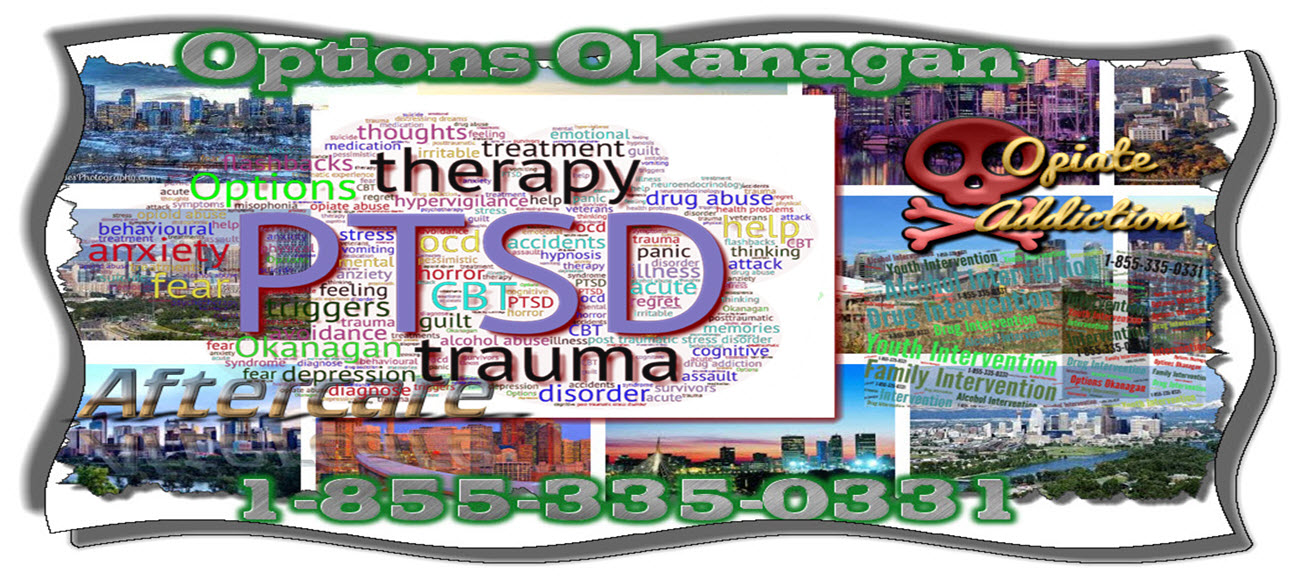
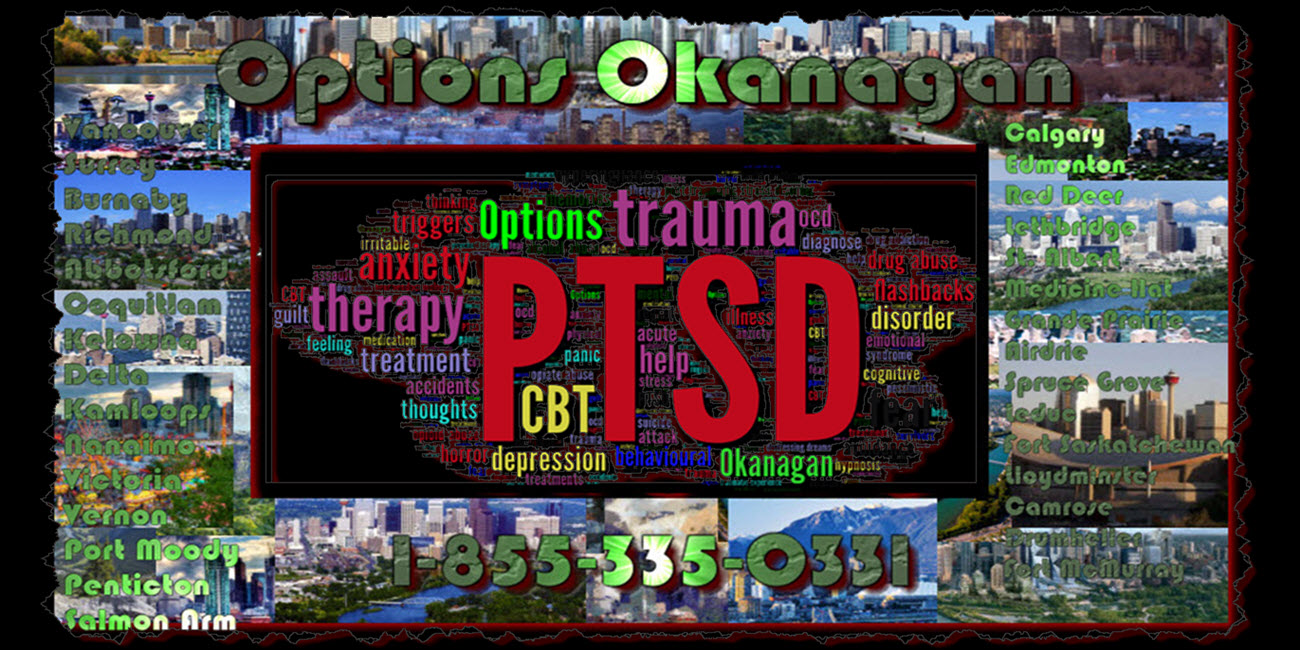
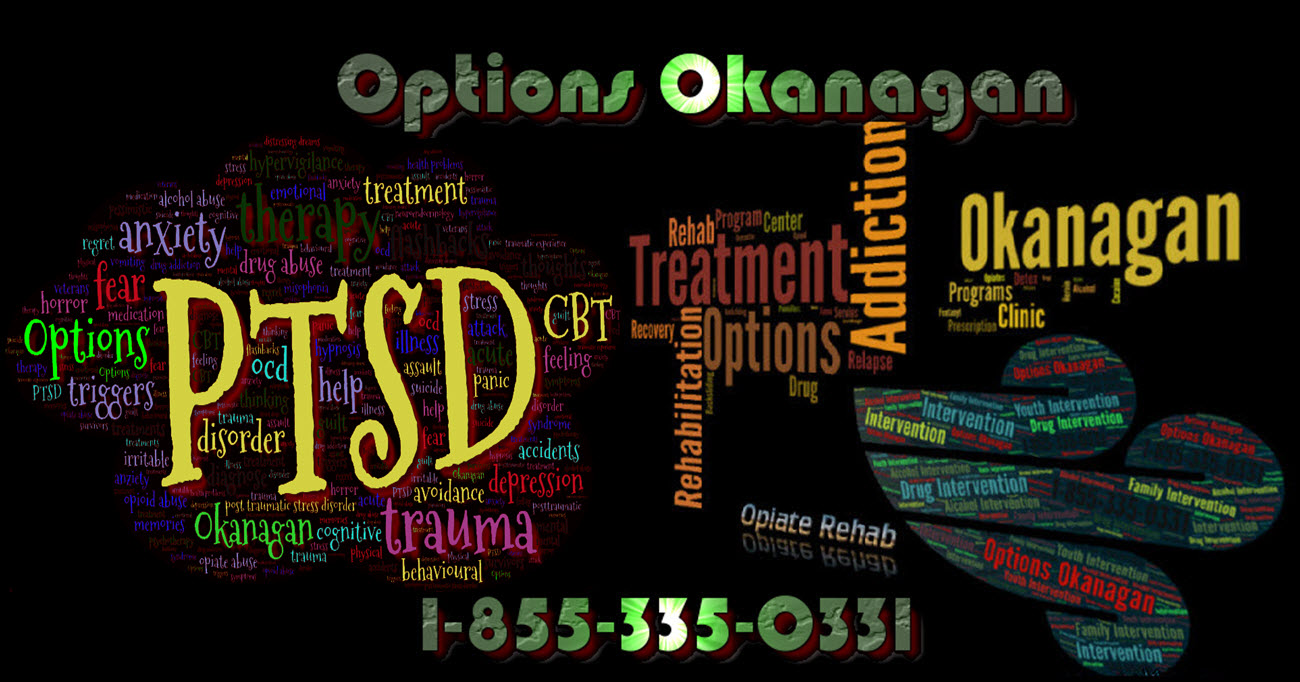



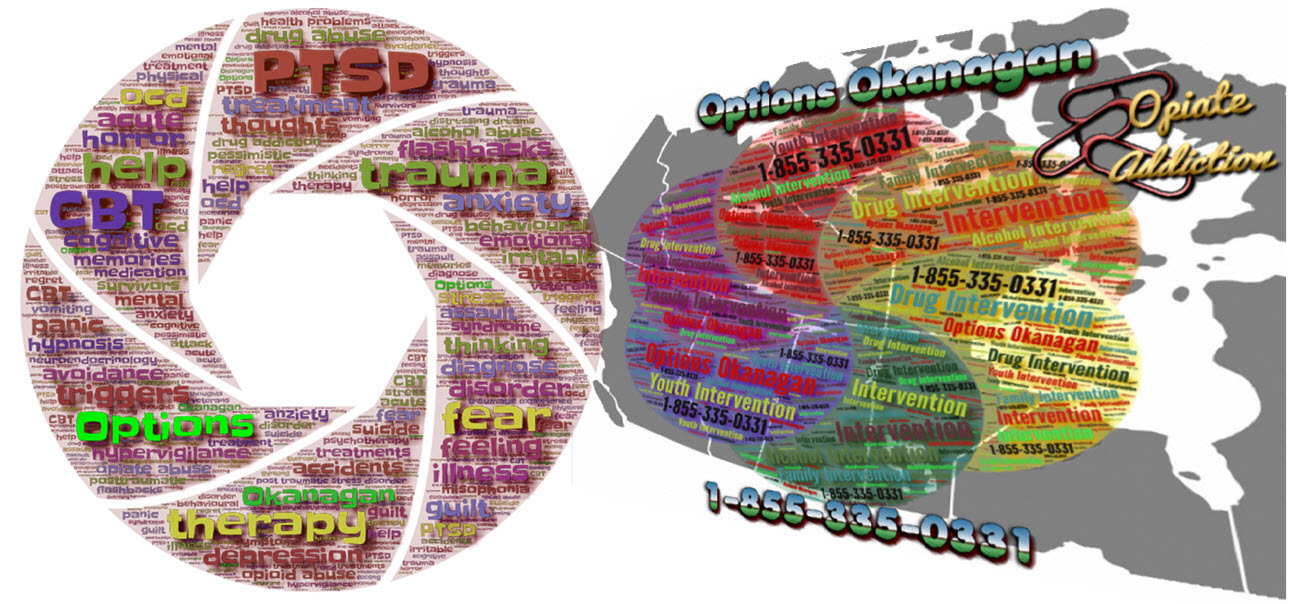
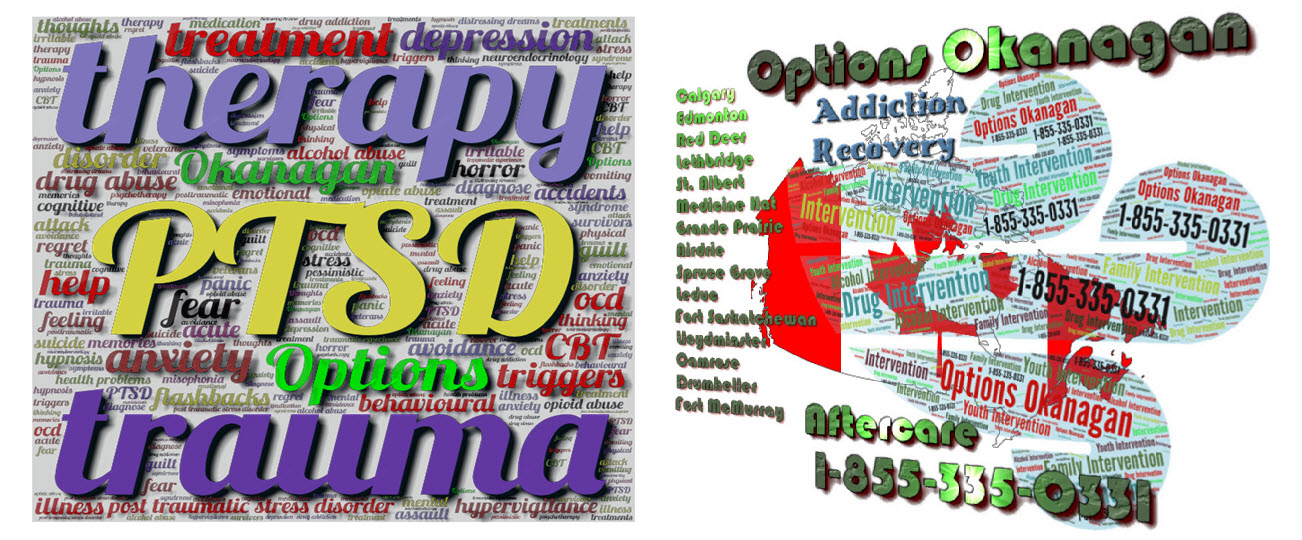


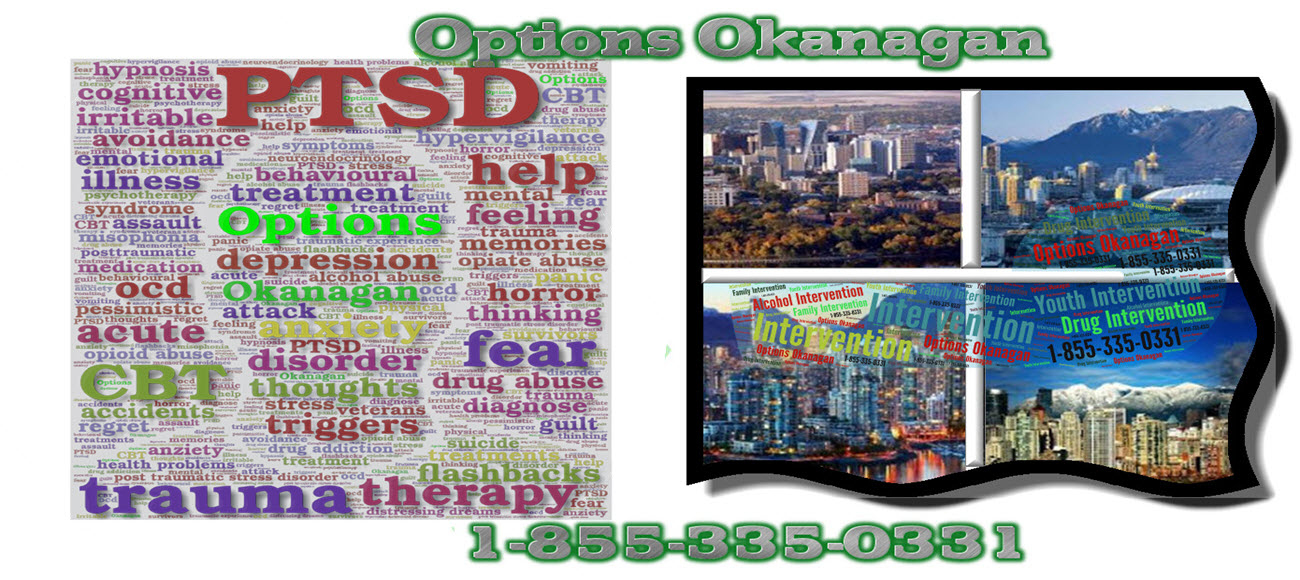
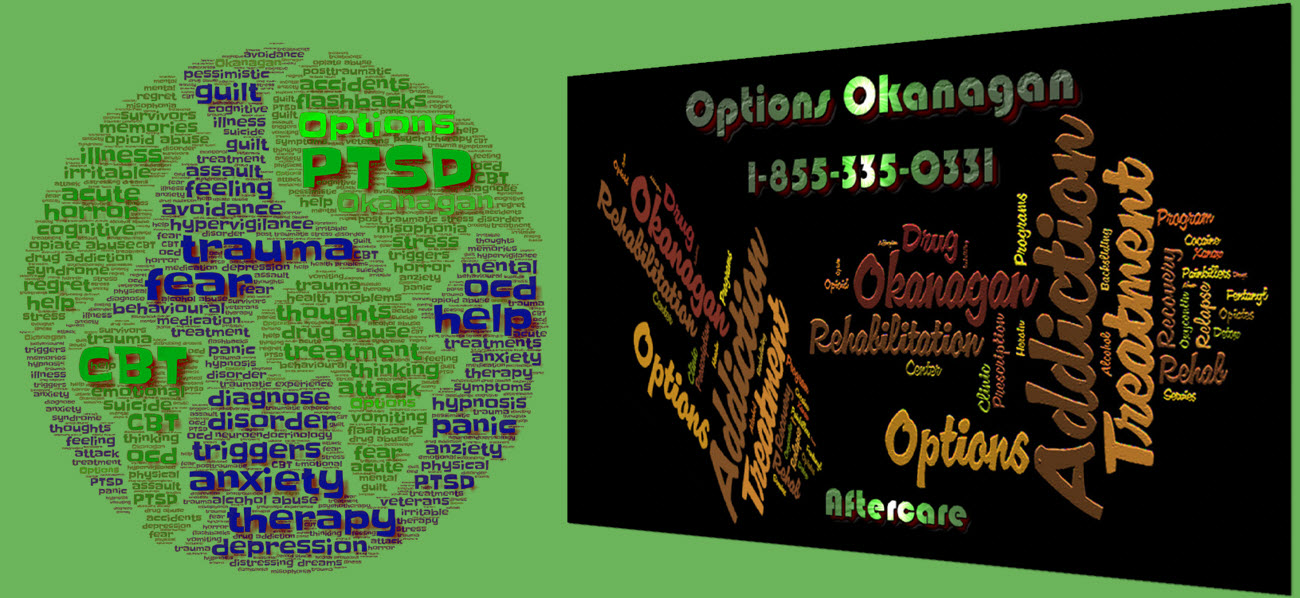
, British Columbia and Alberta.jpg)

